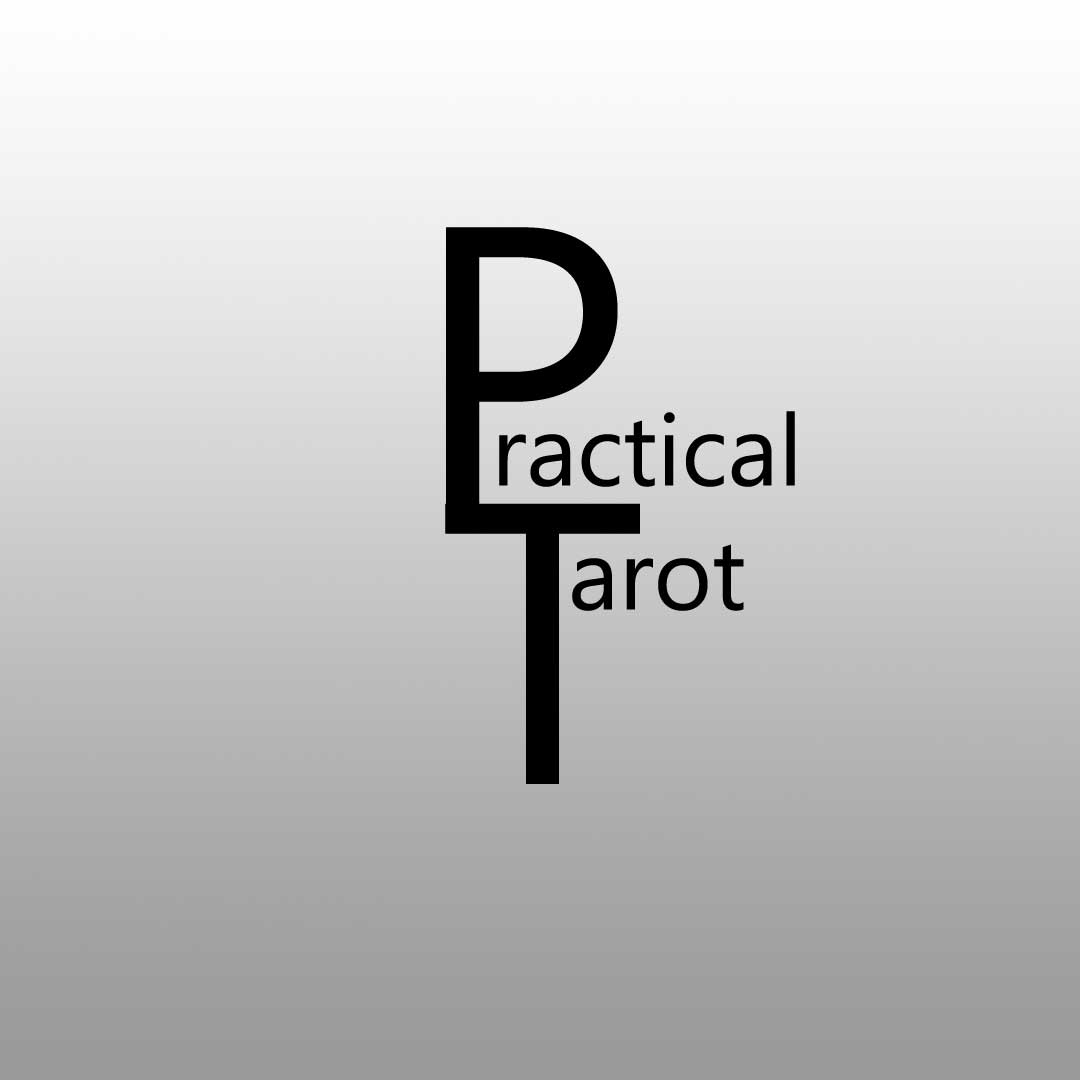Tarot cards use symbols and archetypes to express ideas in a language that we all recognise. It is the language of myths and fairy tales; of songs and stories; of movies and dramas; of poetry and fable.
Using Essence and Guidance Cards in a Tarot Reading
The Pentacles in Tarot
The Chariot
The Chariot can be a difficult card to interpret. At number 7 in the Major Arcana, it follows The Lovers which is a time when we learned to make our own decisions and chose to leave our childhood behind to step out into the world as individuals. How do we leave the love and security of our family, the community that has nurtured us, to begin this journey of self-discovery?
The Traditional Trumps of the Major Arcana
The 22 cards of the traditional Major Arcana are the symbolic story of The Hero or Heroine as they take the journey of self-discovery from birth to full realization of who they are and their place in the world. It is a story as old as humankind, repeated in tales from ancient Sufi texts, the Hindu Vedas, Buddhist stories, ancient Greek, Roman and Norse legends and countless oral traditions from The Old Testament to Native American songs handed down through generations to explain the world and how to live our best lives.
The Hanged Man and the Pandemic
The Hanged Man is one of the 3 cards at the centre of the 22 cards of the Major Arcana. The Wheel of Fortune 10, Justice 11, and The Hanged Man 12 – they all represent the mid-point in our journey from ‘birth’ (in the physical sense, of our spiritual growth, and of our personal development) towards what Jung called ‘self-actualisation’ or becoming whole or fulfilled.


